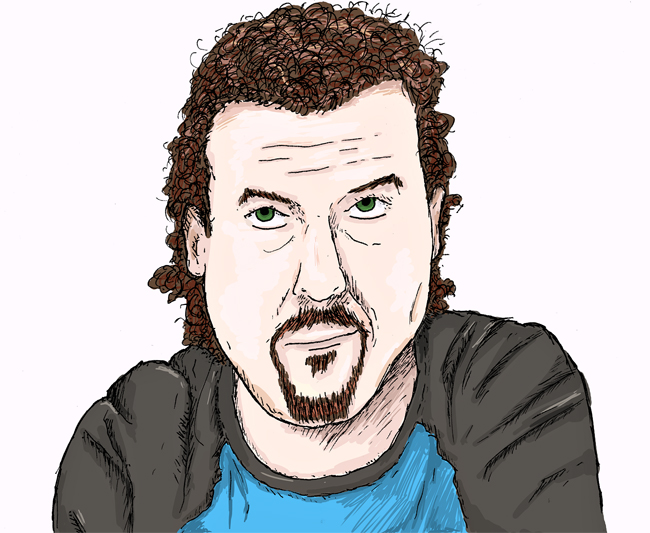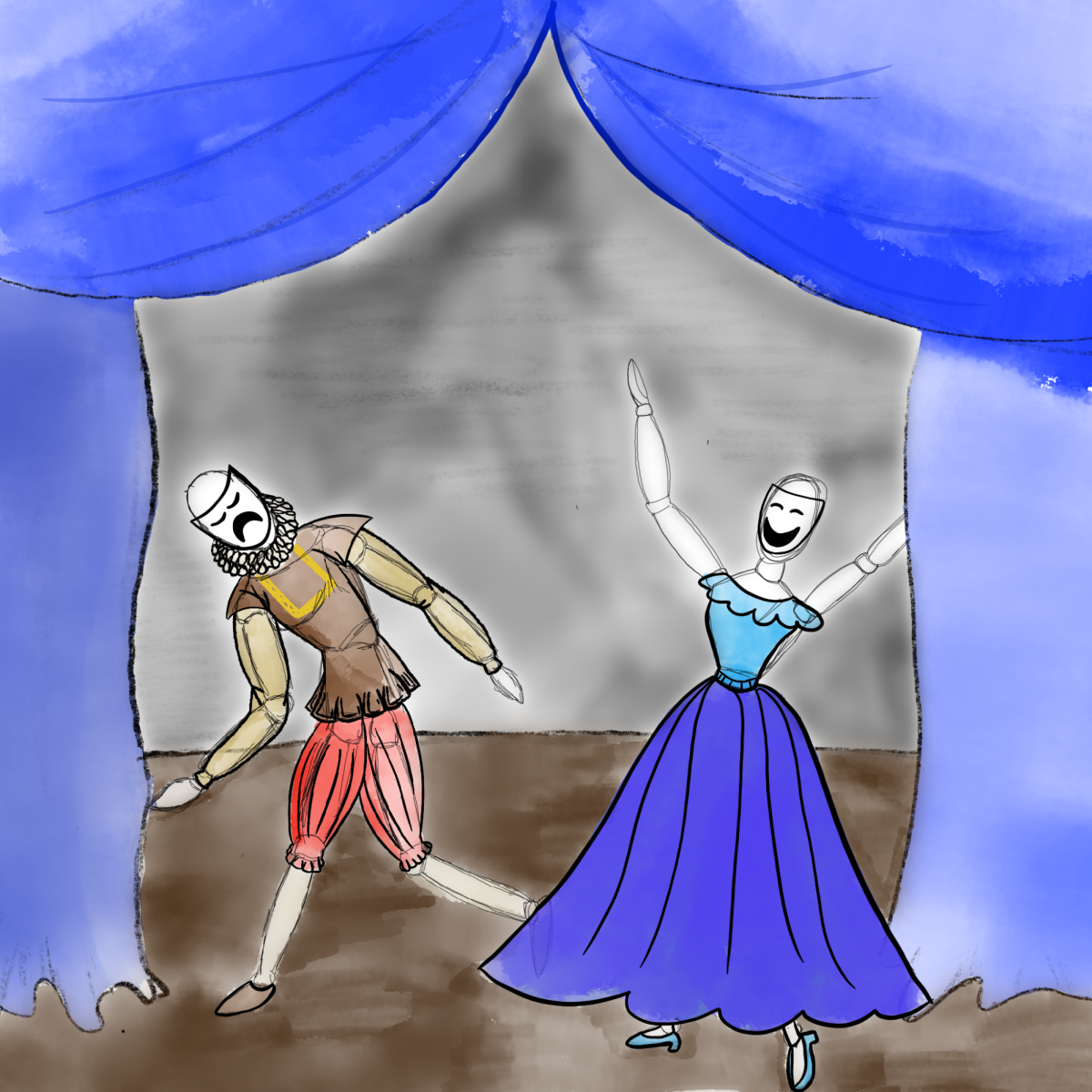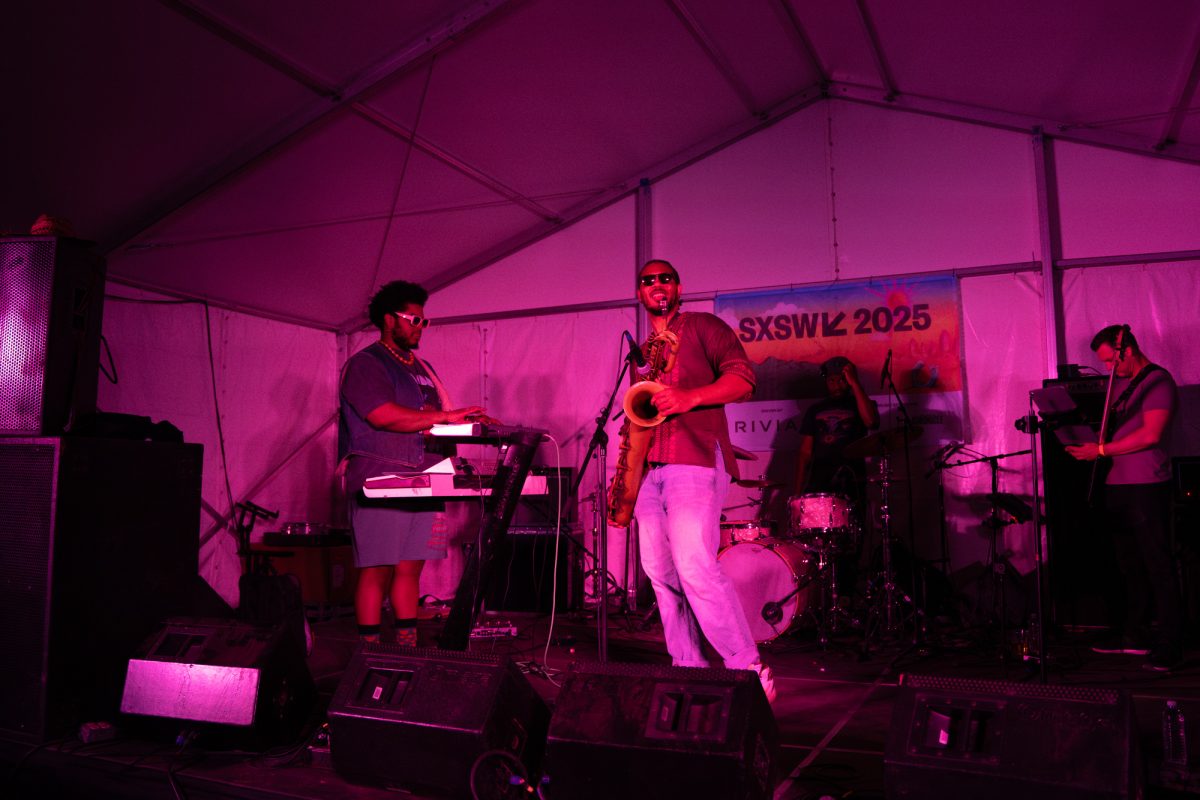When “Eastbound & Down” aired its first episode in 2009, it seemed to be nothing more than a welcome vehicle for Danny McBride’s corrosive brand of humor. “Eastbound & Down” had more on its mind, though, eventually revealing itself as a sharp critique of the American Dream taken to its highest limits of excess, personified by McBride’s rambunctious, brazen performance as disgraced baseball star Kenny Powers.
For the first three seasons, Powers fought his way from a substitute teacher job back to the major leagues but left it all behind, faking his death to start a family with April (Katy Mixon). The fourth season picked up years later, with Powers a miserably anonymous family man. Then, at his darkest, he recklessly set fire to his entire life for a chance at his own TV show.
“Eastbound & Down” never shied from painting Powers as unlikable, but this final season has made him downright repulsive at times. As Powers was catapulted back into fame, all of his worst impulses ran rampant. It was hard to watch as he laid waste to his marriage and his career. Even the people around him spiraled; Stevie (Steve Little), Powers’ long-suffering sidekick and “Eastbound”’s favorite source of grotesque sight gags, blew off his obtrusive chin implants in a misguided Christmas suicide attempt.
Creators McBride and Jody Hill somehow kept the audience on Powers’ side, no matter how acidic his actions became. Beautifully staged moments of rebellion gave viewers something to cheer for, especially when Powers overcame his rival, racist talk show host Guy Young (Ken Marino), by stealing Young’s show out from under him.
Over the course of 29 episodes in season four, McBride honed his comedic persona and dug into what makes such a hopelessly abrasive character tick, and the result is one of HBO’s most distinct protagonists. Even when Powers’ heart is in the right place, he still manages to buy his kids a pet wolf as a gift, and McBride clearly relishes selling every ridiculous note.
“Eastbound & Down”’s series finale aired Sunday, and the show issued its final thesis statement as Powers walked away from fame and was reunited with his family in an unexpectedly happy ending. It also managed to work in some trademark “Eastbound” insanity as Powers imagined his own future in a “Six Feet Under”-style montage. It was an appropriately grandiose end to a self-appointed, grandiose character, and a remarkably offbeat ending to one of the funniest series HBO has ever broadcast.
“Eastbound & Down” functioned as character study, satire and gut-busting sitcom all at once. But the show’s biggest achievement was Powers, the ultimate embodiment of the curdled American Dream. Whatever McBride and Hill are cooking up next, one can only hope it’s as purposefully constructed as “Eastbound & Down,” and features at least one character as richly and relentlessly hilarious as Kenny Powers.





















